BOISE, Idaho — So it happens that the final sit-down interview of 2012 takes place in a most unlikely locale: the office of a professional basketball coach in the lower recesses of CenturyLink Arena in Boise, just a full-court pass from Idaho’s State Capitol.
This is where a highly successful man with ties to Las Vegas provides a glimpse of hope. He is unbowed despite losing more games in six weeks in Boise (a dozen) than he did in five years as a high school coach in Las Vegas (eight).
“We were a well-oiled machine,” says Mike Peck of his former team, Findlay Prep. Even the most fair-minded and kindhearted observer can’t say that about the team Peck currently coaches. Not yet, at least.
But give him a little time to teach, and also to learn.
Peck started the year as the head coach at Findlay Prep and ends it as the head coach of the Idaho Stampede of the NBA’s Developmental League. It’s known as the D-League, shorthand. The Idaho entry in that mass of 16 teams is called the Stampede, but the past tense of that word seems more fitting for the team that has been routinely trampled in Peck’s first season.
As he sits in his softly lit office to elaborate on his decision in September to leave Findlay Prep for the D-League’s outpost, Peck’s pro team held a record of 1-12. The night before, they lost 96-83 at home to Reno.
Boise, where college football dominates the city, has become a parallel universe for Peck. While at Findlay, victories were as commonplace as rolling out the ball rack. The Pilots went 157-8 in his five seasons, 32-1 in 2011-2012. They were the top-ranked team in the country by USA Today after the 2008-2009 season and were unbeaten in 65 home games with Peck on the sidelines.
He could well have been the Coach K of Findlay, enjoying a uniformly successful career where success was secure and the machine fed the coaching staff some of the best prep players in the country. Four of Peck's former Findlay players have reached the NBA: Tristan Thompson (Cleveland), Avery Bradley (Boston), Corey Joseph (San Antonio), and DeAndre Liggins (Orlando). Two former Runnin' Rebels from Peck's stint with the UNLV program also made it to the NBA: Joel Anthony (Miami) and Louis Amundson (Indiana).
“We had a good system and a good routine. At the same time, I just felt like -- it’s like anything in life, when you go over the same repeated course with things kind of running themselves a little bit,” says the coach, who is wearing an oversize white Addidas workout shirt and black sweatpants from that day’s shoot-around. “There was a little bit of monotony to it, where I was like, “OK, I’ve always been a competitor. What’s next? What’s the next challenge for me?”
He poked around the country for options at the collegiate level and spoke with Dave Rice as Rice was finalizing his staff at UNLV. That would have seemed an ideal move, as Peck could have remained in Las Vegas. His wife, Terri, is an executive at Fox 5. Peck says the family has held onto its home in Henderson, and he plans to retire in the Las Vegas area. His first position in the city was with the Runnin’ Rebel program as video coordinator for coaches Charlie Spoonhour and Lon Kruger, and he did seek a spot on the UNLV coaching staff when Rice was hired before the 2011-2012 season.
“I had talked to Dave about joining the staff, with him, and spent a couple conversations with him about it,” Peck says. “I think he’d kind of earmarked the guys he thought would benefit him at the time, which I understood, so I wasn’t sore about that. I get it. But I was ready for what was next, and this kind of presented itself.”
“This” was the offer from the Portland Trail Blazers to coach in Boise. Accepting the position meant that a coach with no ties whatsoever to professional basketball suddenly had a hold on a position one wrung lower than the NBA.
Peck likens the process to being accepted into the most exclusive fraternity on campus.
“I have no bloodlines in the league. I don’t have a dad or an uncle who was in the NBA. I didn’t play in the league, “he says. “For them to come knocking at your door with an opportunity, it’s kind of like, hmmm, this is something I’ve got to look at. Let me see if it’s right for me.”
The rules are different. So are the athletes. And that’s putting it mildly.
“You might as well have handed me the rulebook to soccer,” Peck says, laughing. “You have 8 seconds to advance the ball (past mid-court). You have a wider lane. You have a longer (3-point) arc. You have a 3-second defensive count in the lane. ... You have a 24-second shot clock, 11 seconds less than the college one. That is (snaps fingers) nothing.”
Though the Stampede players are by very definition participating in a developmental league, the nature of their development is far more advanced than the teenagers Peck coached at Findlay. They are a different temperament; some of the habits they have developed take longer to correct. They are not interested in fitting into a team concept, necessarily, as the overriding objective is to make the NBA. They can confound. Sometimes they miss dunks or kick over trashcans in frustration as the losses mount; both of those incidents occurred during the team’s home loss to Reno on Friday.
The tradeoff is there is an off-season for a pro coach in the sense that the pro coach doesn’t need to be the overarching authority figure when the team is not assembled. He doesn’t need to be concerned with academics or how a wayward teenage athlete might be spending his spare time.
“I’ve had coaches in the NBA say, ‘You haven’t coached until you’ve coached in the NBA,’ “ he says. “Not that there aren’t good coaches at the lower levels, but I can tell you this: You have got to be on top of it. You’ve got to know the game to coach in the pros. I can tell you that already.”
In a quirk of coincidence, one of Peck’s assistants is Barry Rohrssen, who was a member of Bill Bayno’s staff at UNLV from 1995-2000. The other assistant is 15-year NBA veteran Scott Williams, who won three NBA titles with the Chicago Bulls. These two were assigned to Peck, but he has no problem working with such impassioned basketball minds.
“We are together. What is important to know is, at this level, you’re not being evaluated on wins and losses,” Peck says, then starts listing points in the same manner in which he instructs his players on where to be on the court. “This is about, No. 1, adding value to the Trail Blazer organization; No. 2, developing players; and No. 3, creating a winning culture.”
The goal for the proven winner is just to get to .500. Be there, or around there, and give the team some respectability around the league. Give the 2,500 or so fans who turn out at CenturyLink something to get excited about beyond the blimp that hovers over the crowd and drops coupons to a local lube shop.
“It’s a realistic, tangible goal,” Peck says. “That’s still what we’re striving for.”
Later that night, the Stampede hosts a rematch with Reno. The game is no contest -- a 101-82 final. But this time, the home team wins. Peck is 2-12, a long way from .500, but give him time. Something about this guy says he’ll figure it out.
Follow John Katsilometes on Twitter at Twitter.com/JohnnyKats. Also, follow “Kats With the Dish” at Twitter.com/KatsWiththeDish.
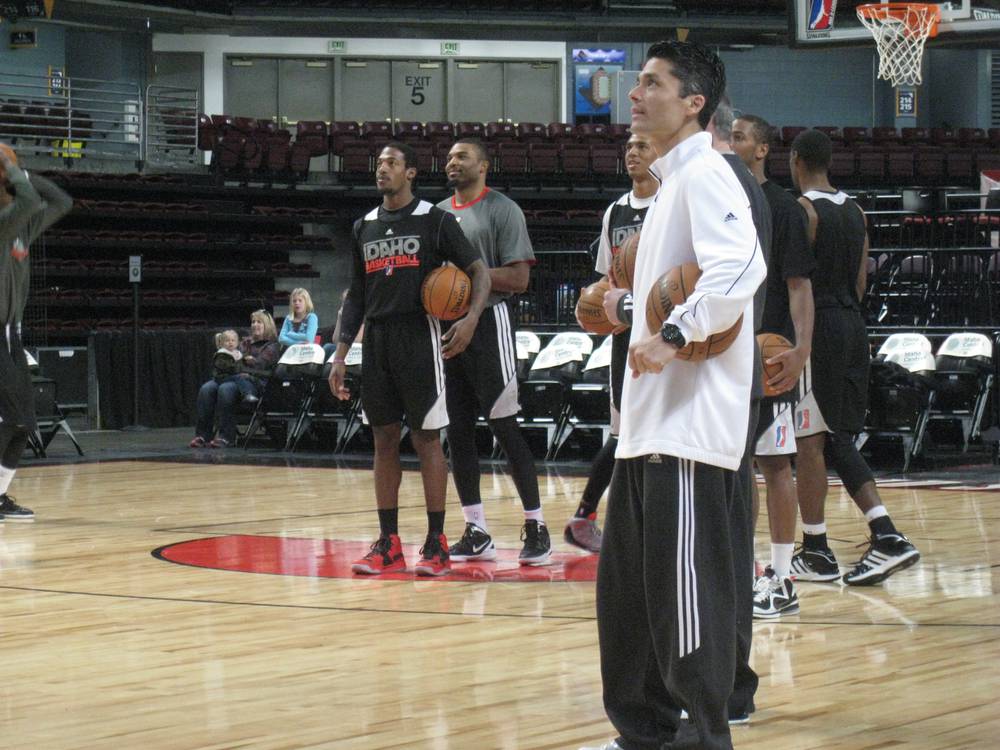
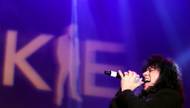
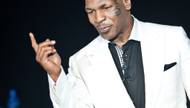
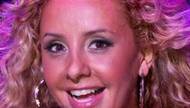

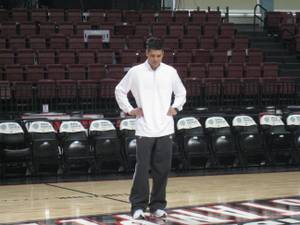
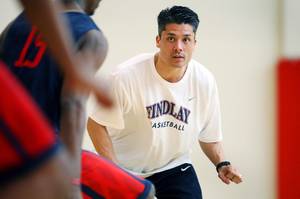



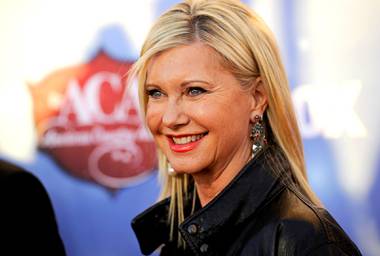
Previous Discussion: